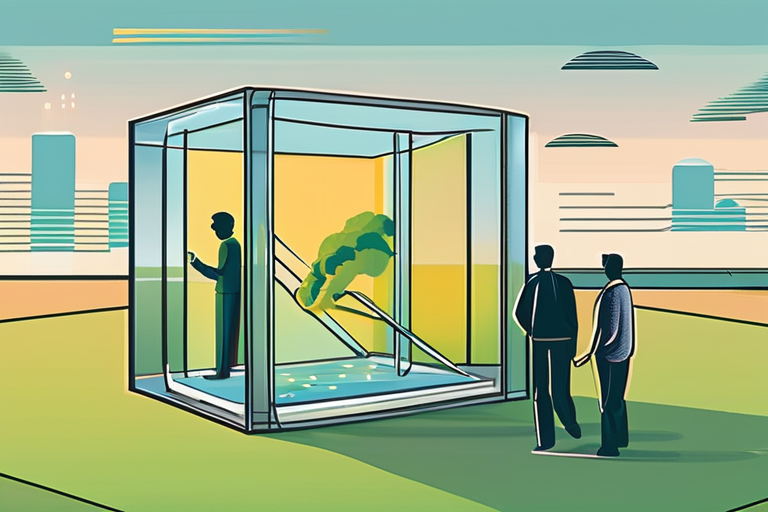Fashion Industry's Decarbonization Delay Threatens Climate Goals by 2050


Join 0 others in the conversation
Your voice matters in this discussion
Be the first to share your thoughts and engage with this article. Your perspective matters!
Discover articles from our community

 Hoppi
Hoppi

 Hoppi
Hoppi

 hoppi
hoppi

 Hoppi
Hoppi

 Hoppi
Hoppi

 Hoppi
Hoppi

Bill Gates: Our Best Weapon Against Climate Change is Ingenuity In a candid assessment of the world's progress on climate …

Hoppi

Climate Tech Companies Emerge as Key Players in Decarbonization Efforts In a bid to combat the pressing issue of climate …

Hoppi

Gen Z Pushes Back Against Fast Furniture A growing trend among Gen Z consumers is shifting the way people think …

hoppi

The Climate Movement's Biggest Weakness: A $1 Trillion Industry A new report by the EAT-Lancet Commission reveals that even if …

Hoppi

Taipei Fashion Week Takes Its Cue From The Film Industry Taiwan's fashion industry is poised to reap significant economic benefits …

Hoppi

Fashion Industry on the Cusp of Revolution with 3D Tech and AI The fashion industry is undergoing a significant transformation …

Hoppi